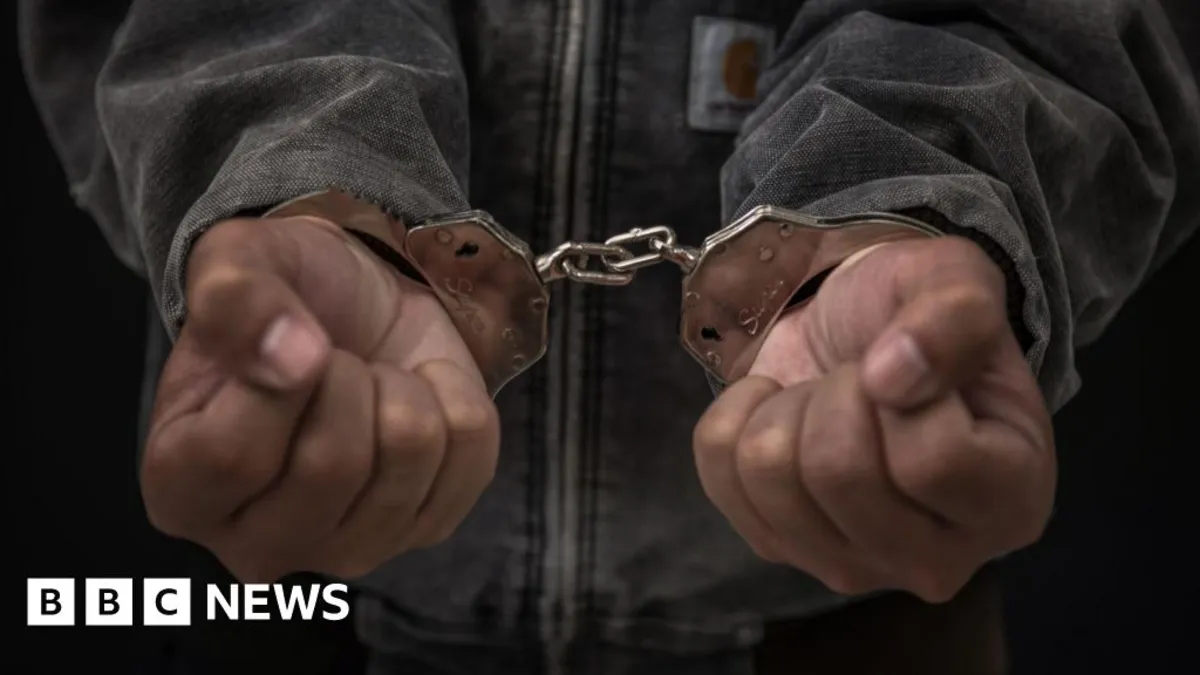
The Trump administration has made significant changes to the US government's annual report on global human rights abuses. This document, once regarded as the most comprehensive analysis of its kind, has been notably scaled back. The revised report reduces criticism of certain US allies, such as Israel and El Salvador, while increasing disapproval of countries perceived as adversaries, including Brazil and South Africa.
In a dramatic shift, entire sections from previous reports have been removed, resulting in a significant reduction in coverage concerning issues like government corruption and the persecution of LGBTQ+ individuals. State Department officials assert that the restructuring aims to eliminate redundancies and enhance overall readability. Critics, however, argue that this change compromises the integrity of the report.
Interestingly, the report highlights a deterioration in the human rights situations within major European democracies such as the UK, France, and Germany. The language used aligns with earlier criticisms from the Trump administration and certain US tech executives who oppose online harm reduction laws in some European nations, framing these regulations as threats to free speech.
Uzra Zeya, a former senior State Department official and current head of the charity Human Rights First, has condemned the Trump administration for undermining decades of respected work in human rights protection. She expressed concern that the administration’s actions signal a willingness to overlook abuses in exchange for political favors, commenting, "It sends a signal that there's going to be a free pass from the United States government."
The report notably accuses the UK of facing significant human rights issues, including credible claims of serious restrictions on freedom of expression. Furthermore, it states that the prosecution and punishment for human rights violations in the UK are inconsistent. Brazil, a frequent target of Trump’s criticism, is called out for disproportionate actions undermining freedom of speech, although both countries have previously dismissed similar critiques from the US.
In the section addressing Israel, the report states that the ongoing conflict has led to an increase in reports of human rights violations. However, it also notes that the Israeli government has taken credible steps to identify officials responsible for such abuses. The report further accuses Hamas and Hezbollah of war crimes, allegations which both groups have denied.
Significantly, the document omits any mention of the International Criminal Court (ICC) arrest warrants issued for Israeli Prime Minister Benjamin Netanyahu, former Defense Minister Yoav Gallant, and Hamas commander Mohammed Deif, despite ICC judges indicating reasonable grounds for their criminal responsibility regarding alleged war crimes.
Turning to El Salvador, the report dismisses accusations from Amnesty International regarding arbitrary detentions and inhumane conditions, concluding there are no credible reports of significant human rights abuses. This conclusion aligns with President Trump's favorable stance towards El Salvador's President Nayib Bukele, whom he described as "one hell of a president."
The release of this revised report came after a months-long delay, which was reportedly due to significant internal dissent within the State Department regarding its contents. The new guidelines, allegedly issued by political leaders earlier this year, directed staff to shorten reports and minimize references to issues such as corruption and gender-based crimes, echoing executive orders from President Trump.
During a recent visit to Saudi Arabia, Trump criticized Western interventionists, asserting that the US would no longer dictate terms on living standards or governance. This sentiment appears to permeate the newly restructured human rights report, raising concerns among advocates for global human rights protections.